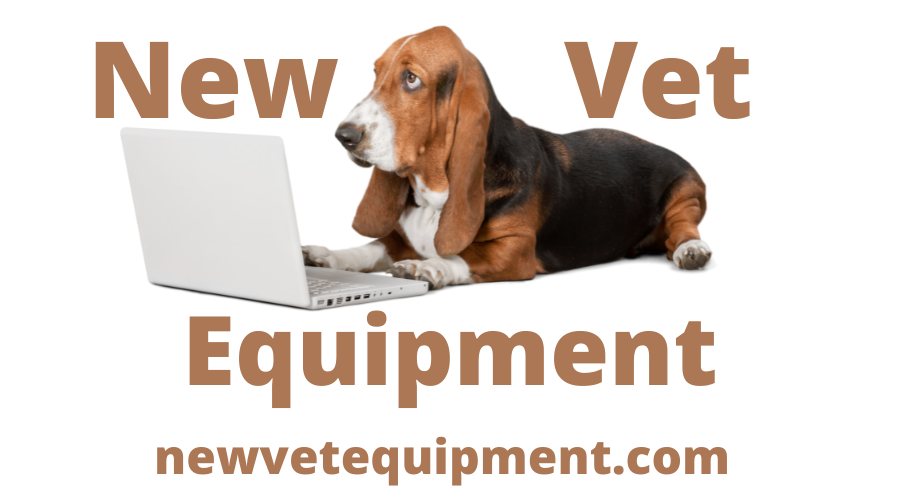When it comes to opening your own veterinary practice, financing may be one of the most important—and most daunting—hurdles to overcome.
Since most practice-owners-to-be don’t have a large cash reserve saved up or an angel investor waiting in the wings, chances are you’ll need to look for financing.
Every situation is different, and working with financial experts and veterinary consultants can help you make the best decision for your future.
Here are a few good questions to ask yourself along the way…
What Do I Need Financing For?
530-722-4977
Evaluating the following factors can help you figure out how much you’ll need to borrow…
The Practice Space
The most obvious thing you’ll need to finance is the space in which you intend to practice.
This could mean acquiring an existing practice, leasing a new space, or breaking ground and building your own practice from the ground up.
Less commonly, this could also mean a buy-in option at a practice where you currently work as an associate, or even a franchise opportunity.
Major Equipment
Your veterinary practice can’t operate without equipment like an x-ray machine, exam room tables, surgery lighting, a dentistry unit, computers, and more…
Fortunately, you have options
Financing may be available directly from the equipment seller, or from a bank (often called a “capital lease”), so you can pay as you go and start making a return on your investment right away.
Also, consider purchasing used equipment. Sites such as usedvetequipment.com offer high-quality used equipment you can score at a great bargain.
Daily Supplies
All those little costs add up, including needles, syringes, pharmaceuticals, cleaning supplies, surgical scrub, gloves, and anything else you need for your practice’s daily operation.
Other Operating Costs
When making a business plan, don’t forget to factor in costs such as wages, insurance, utilities, landscaping, licenses, and more.
How Much Can I Afford to Live On?
Most new businesses don’t make a profit for the first 1-3 years… and unfortunately, veterinary practices are no exception.
It takes time to grow a business to the point where the money coming in each month is more than your expenses. And until that happens, you might not be taking home a salary.
This doesn’t impact everyone in the same way, though. For example…
Purchasing an established practice may mean you have more clients initially than if you start up a brand-new practice.
Some new practice owners have a spouse whose income can cover all of their household expenses in the meantime, while others do not.
You may have other life factors that limit you from taking risks with a new business, such as dependents or health considerations.
If owning a practice is your dream but you’re concerned about limited income while your practice gets up and running, talk to a veterinary consultant to figure out if practice ownership is right for you, and see what’s the safest path for you to realize your dream.
How Do My Student Loans Factor In?
According to an article in Today’s Veterinary Business, veterinary lenders don’t typically expect you to have your student loans paid off before you start a practice of your own.
That makes sense because with today’s growing costs of veterinary education, paying off student debt quickly isn’t always a realistic expectation.
However, be sure your student loan and other debts are in good standing. Very few lenders are going to trust you with a practice loan if your student debt is in default.
And, of course, you’ll have to factor your student loan payments into your own income needs and overall financial picture.
When in doubt, it never hurts to find out more, rather than assuming student loan debt would prevent you from starting the veterinary practice of your dreams. You’ll never know for sure if you don’t do the research.
Where Do I Find a Good Lender?
There are some veterinary-specific lenders out there. These businesses can be a good option because they understand your industry and may have realistic expectations in terms of starting costs and a repayment timeline.
Small Business Administration loans (government-backed lending funded and serviced by banks) may be another good option, with flexible terms and conditions.
And, local banks or lenders may offer great customer service and community knowledge.
So, explore your options and see which lender works best for you.
Ask a lot of questions to see what your lender’s customer service and communication style are like, and to find out important information such as…
The required down payment.
The term of the loan.
The interest rate.
Fees associated with the loan.
Penalties for late payments or pre-payment.
Any available special arrangements, such as graduated repayments (loan payments that start small when your business is new, then gradually increase over time as your business becomes more established and successful).
In general, many lenders require a business plan and financial projections to fund your new practice.
How Do I Figure All of This Out?
While there are never any guarantees when you start a new business, doing your due diligence before you finance will help you make the best possible investment.
This will likely involve a CPA or financial advisor, a veterinary management consultant, and experts in demographics and feasibility for new practices—to name a few.
These experts can offer invaluable advice, and also help you with the business plan and financial projections you’ll need.
Be sure to put in the time to research. And, invest in expert advice to help you make the best decisions for yourself and your future.
If you need help with financing, Call me - I can help you - 530-722-4977 Brad Haven, Jr.
Written by: Dr. Tammy Powell, DVM



